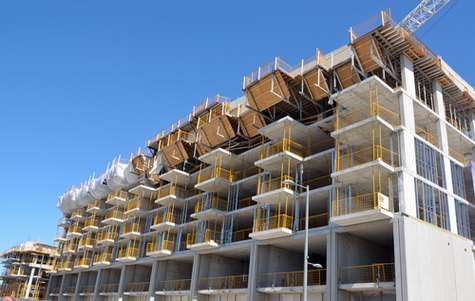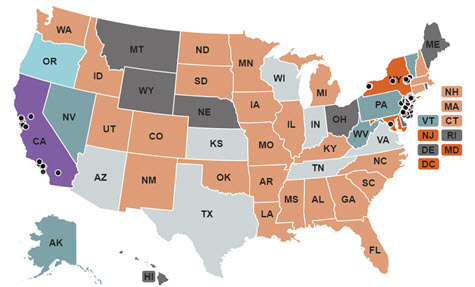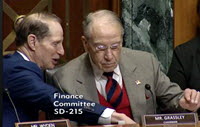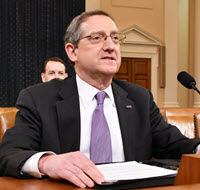
The Roundtable on August 21 wrote to Treasury Secretary Steven Mnuchin requesting regulatory relief from existing tax accounting rules that unfairly accelerate federal income tax liability for new condominium construction. (Roundtable letter )
- Current condo tax accounting rules require multifamily developers of condominium buildings with five or more residential units to recognize income and pay tax on their expected profit as construction is ongoing — well before pre-sale transactions are closed and full payment is due from the buyer. The existing rules create a mismatch of cash flow and tax liability. Home builders of single-family homes, townhouses and row houses are not subject to this accounting rule restriction.
- Roundtable President and CEO Jeffrey DeBoer states in the letter, “The existing, discriminatory tax rule for condominium construction is particularly harmful in light of the significant and often measureable economic, environmental, and social benefits of high-density residential development. High-density development brings down the costs of infrastructure, as well as the costs of key public services: police, fire, and emergency medical assistance. The environmental benefits include reduced vehicle emissions and smaller ecological footprints that minimize encroachment on farms, forests, and other sensitive areas. In addition, research links high-density growth to greater labor productivity and economic innovation.”
- The Roundtable’s letter details how the completed contract method of accounting – rather than the percentage of completion method – would more accurately fit the economics of condominium construction. (Tax Notes, August 23)
- In 2008 the IRS and Treasury released proposed regulations (REG-120844-07) under section 460 that would treat individual condo units as townhouses or rowhouses.
- The Roundtable letter explains, “The Treasury Department can solve this problem, however, and provide a lift to homebuilding and the economy by simply finalizing a previously proposed regulation that regrettably fell off the Department’s regulatory agenda in the last Administration. Pending, proposed Treasury regulations would modify what is considered a home construction contract and clarify that condominium construction qualifies for the completed contract method of accounting.”
A House bill introduced in the last Congress by Reps. Carlos Curbelo (R-FL) and Joe Crowley (D-NY) aimed to correct this disparity. Although the Fair Accounting for Condominium Construction Act (H.R. 3659) stalled in 2017, it could serve as a template for development of new legislation to correct current condominium tax accounting rules.
# # #







